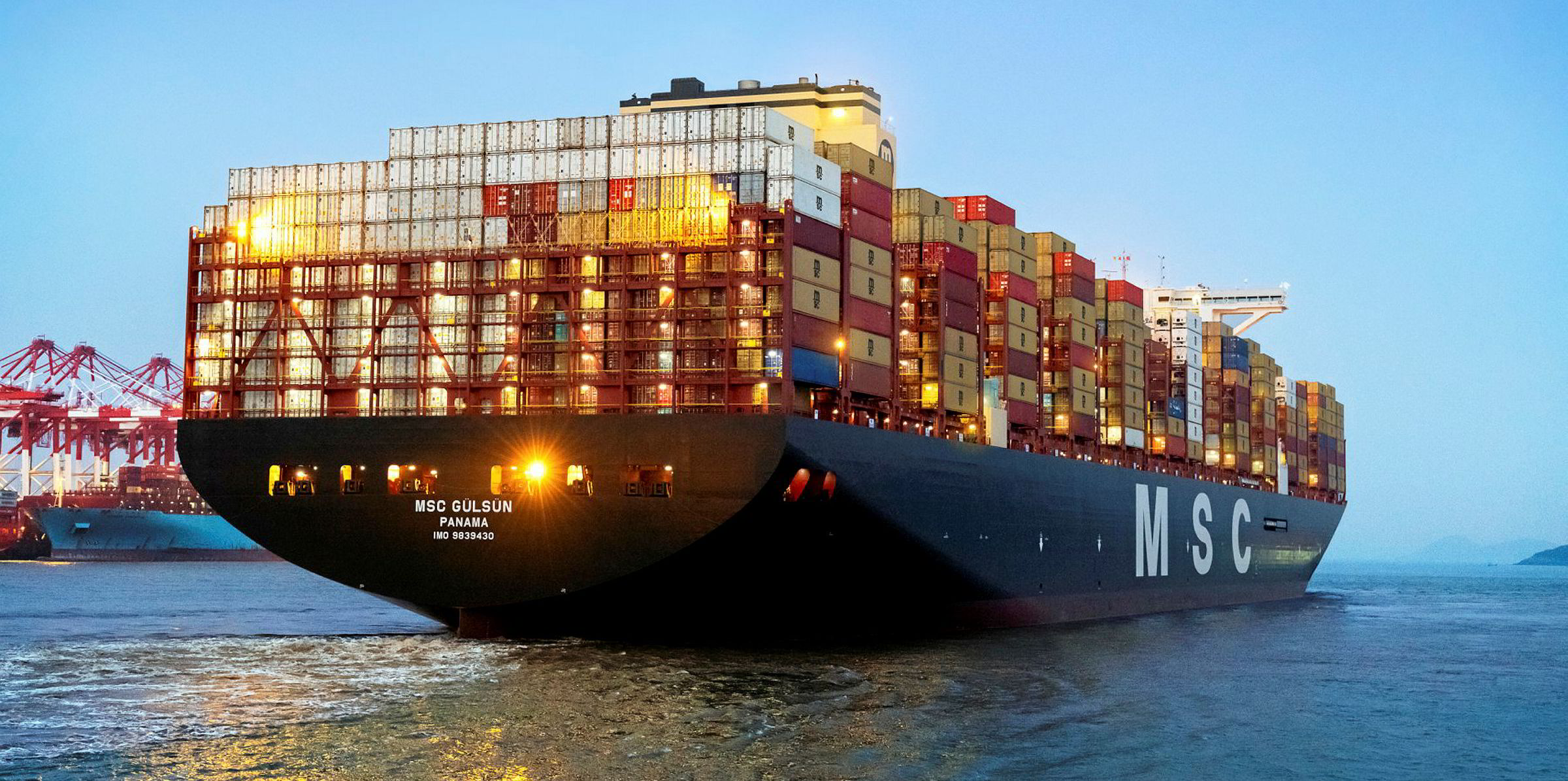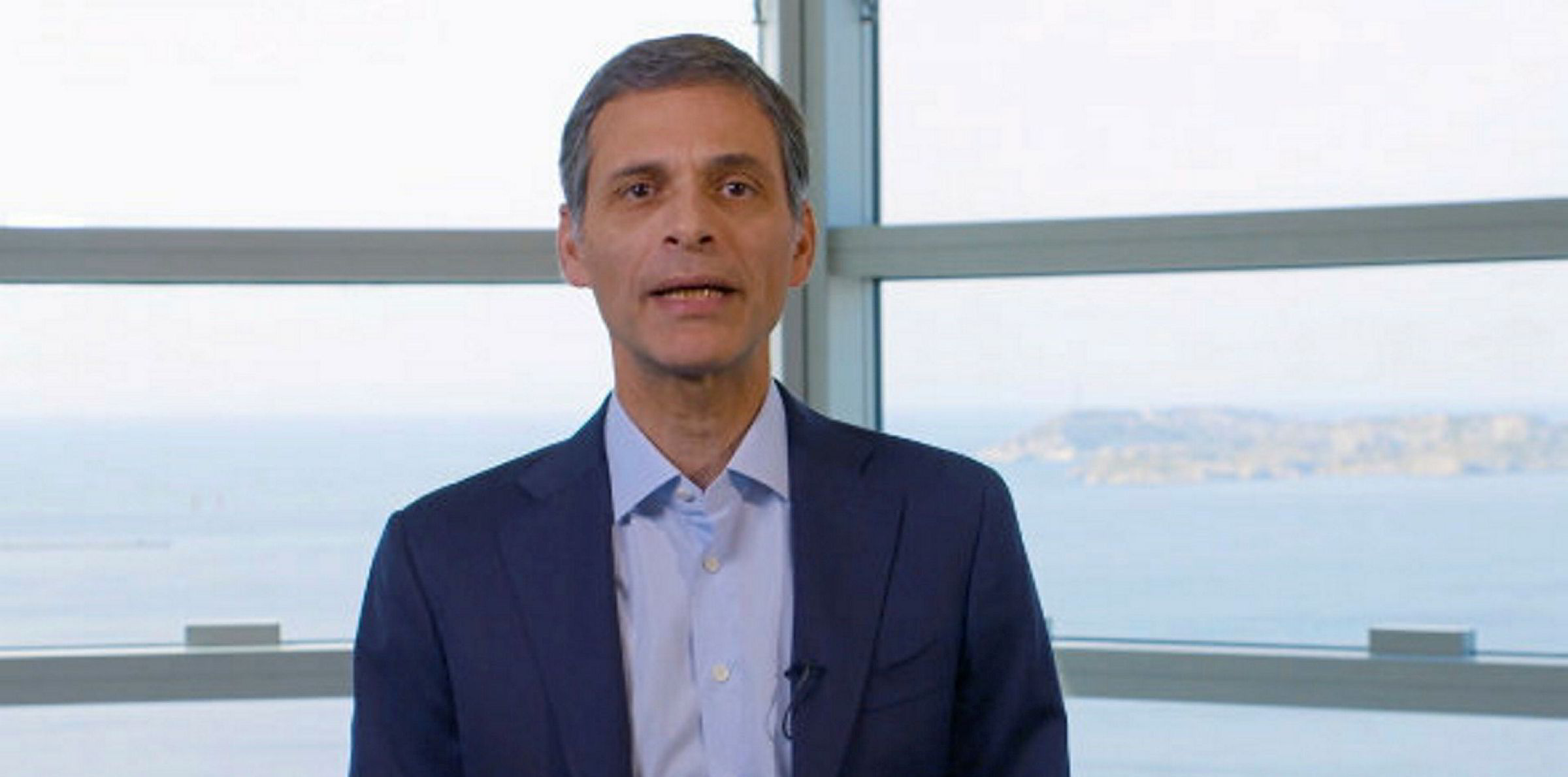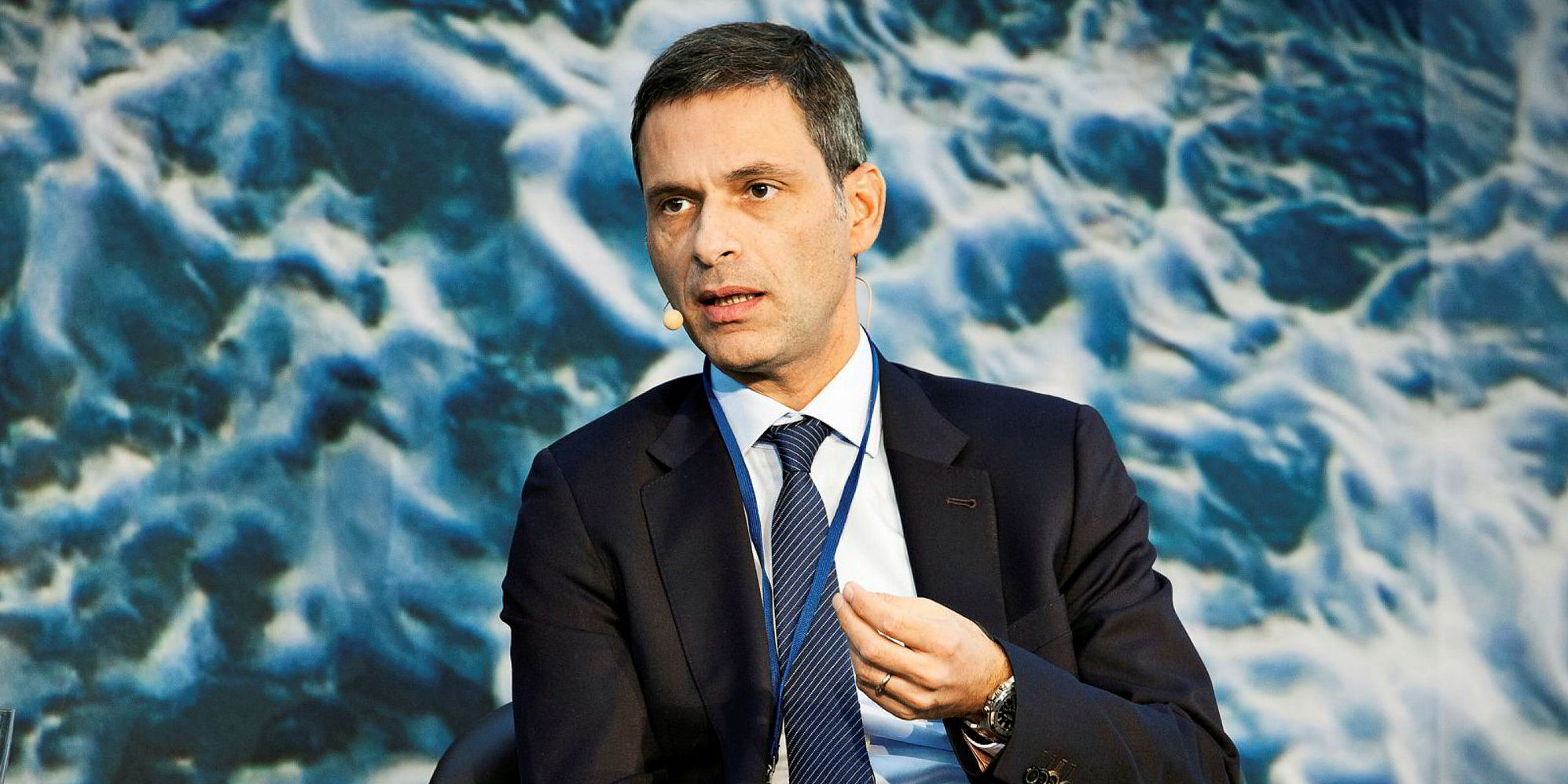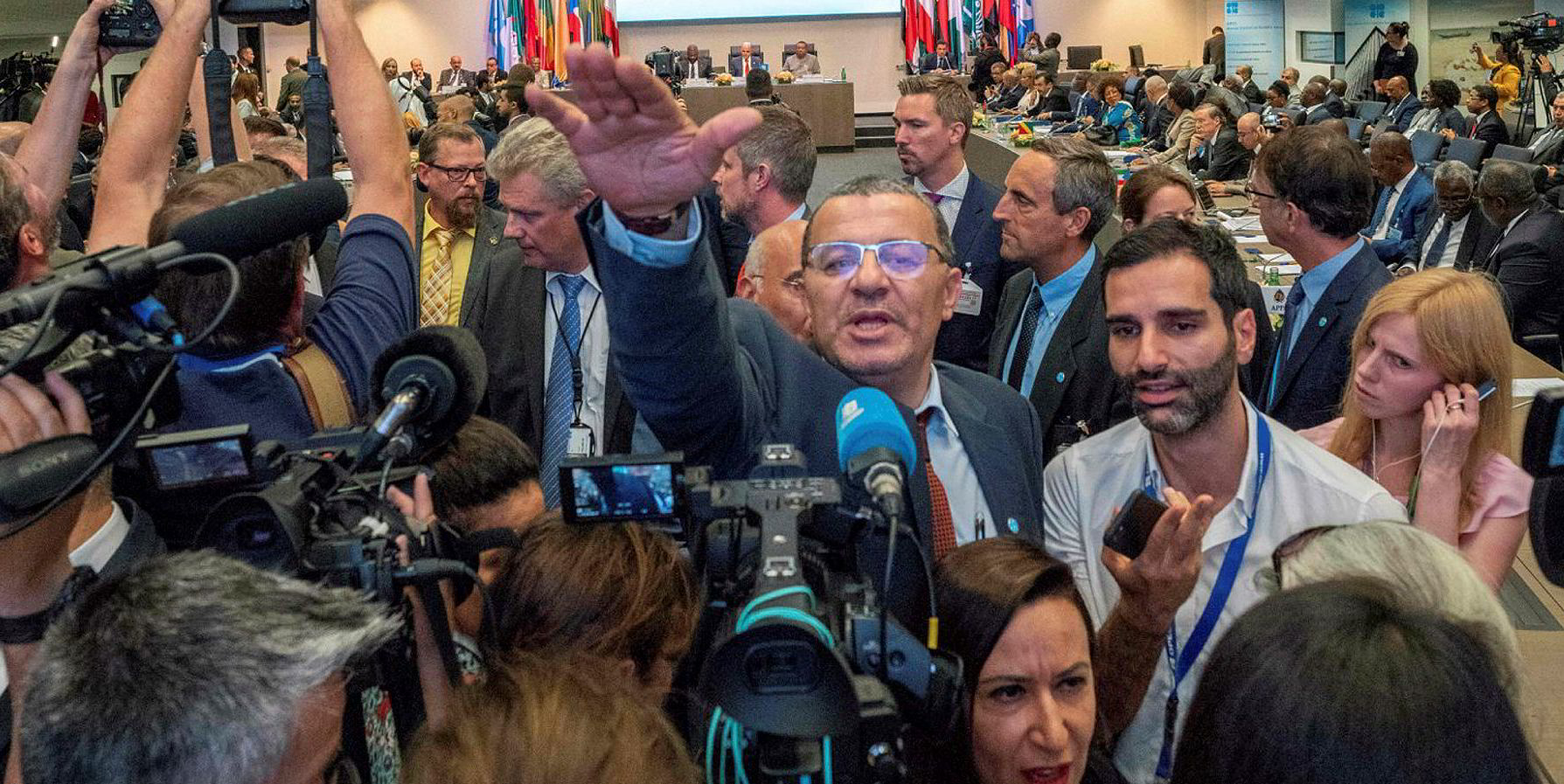French liner boss Rodolph Saade is convinced the coronavirus pandemic will lead to a complete overhaul of supply chains. His argument this week in a CMA CGM website video included a belief that working habits and consumer patterns would change.
He said there would be a reordering of international trade following the pandemic, with companies diversifying their sourcing of goods and materials.
Nimble approach
He insisted containership operators must build in more resilience so they will “be able to adapt to sharp fluctuations in supply and demand”.
So far, liner services have been reduced but the basic infrastructure is still working even with a huge downturn in world trade.
The good news is that China is getting back to work even as Europe and the US are heavily locked down.
We do not know exactly how long this will last, but it seems possible that we will see things returning to an element of normality within a month.
Governments are desperate to make up for lost time and get world trade and economic growth back on track.
Container shipping will have a vital part to play in this bounce back — strong or weak. But the real question — as Saade was hinting — is what kind of post-pandemic world will it be?
It does seems likely that businesses worldwide will be trying to diversify their risk and put more emphasis on reliability.
An obsession with just-in-time production and supply methods could switch towards a wider commitment to resilience.
Having “slack” in the system has been regarded in recent times by the management gurus as “waste” or “fat” that must be cut out.
But now? Surely we realise we need robust buffers that can absorb sudden shocks.
Saade’s initial message is that his own company’s services in all markets have been maintained in some shape or form so far to give comfort to customers.
The growth in protectionism and nationalism — not least Donald Trump’s America First policy, Brexit, and Jair Bolsanaro — was undermining the drive for globalisation anyway
In future, costs will remain a major focus given that most sectors — outside of big data and a few others — are going to come out of this financially weakened.
Regional trade and shipping is likely to benefit. The position of China as a one-stop shop for world manufacturing will likely change.
Succeeding China
We will surely see an acceleration of the trend towards using rival — and cheaper — manufacturing centres in South East Asia, such as Vietnam, Thailand, and the Philippines, as well as countries on the Indian subcontinent.
This trend had already started with the increasingly high cost of Chinese production amid growing prosperity there, coupled with the US-China trade war.
The growth in protectionism and nationalism — not least Donald Trump’s America First policy, Brexit, and Jair Bolsonaro — was undermining the drive for globalisation anyway.
For liner shipping, this is likely to mean less emphasis on the world’s shipping motorways, which have attracted the mega boxships.
It will likely lead to growing volumes of regional trade and shipping. And this could mean serious new demand for mid-range vessels of 4,000 teu to 10,000 teu — a size that has been somewhat neglected in the past decade.
There has been little new tonnage built of this size in recent years and larger vessels have often been brought in to help with demand.
So, if we see a charter rate boom for midsize tonnage, what happens to those 22,000-teu ships and larger, which were already outgrowing all but a handful of ports?
Will the ordering of these supposedly super-competitive vessels stop or could they even become the white elephants of the future?
AP Moller-Maersk, the world’s biggest liner operator, has already said it will not build any more of these vessels.
Going green
Meanwhile, Saade also suggested in his video message that “we will need to accelerate energy transition and move towards eco-friendly ships”.
I agree. This is vital but it may be the last thing anyone wants to concern themselves with when costs are under pressure like never before.
Indeed, it is hard to imagine there is going to be a rush of cash-strapped companies experimenting with low or no-carbon alternative fuels.
But the lockdowns could produce something even bigger than pure commercial change: cultural or mindset change.
Many people have now experienced working at home, welcoming the cleaner air, the bird song and walking attentively in nature.
Will Saade, the container operators and the rest of us come out from all this thinking quite differently about ships and the planet?






